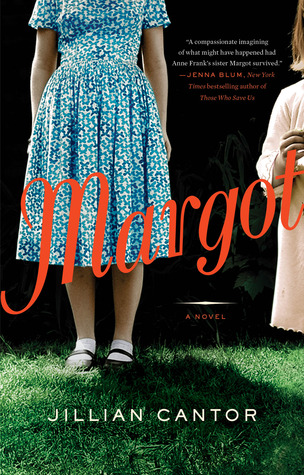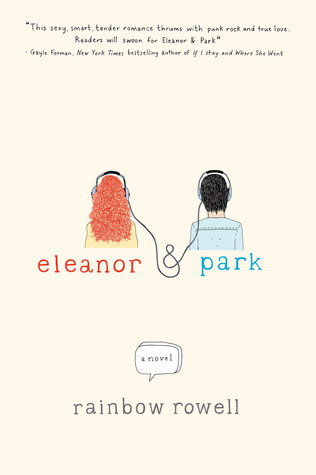Last month, my friend, Judy Reeves, tagged me for The Next Best Thing project, in which writers answer the following questions about their latest projects, and then tag a few more writers who do the same, and so on.
Here you can see Judy's answers, and I have tagged my dear writer friends,
Ilie Ruby,
Miranda Beverly-Whittemore, and
Jillian Cantor who will answer the questions about their Next Best Things.
Enjoy!
What is the working title of your book?
The novel is called
Bodies of Water, a title which was a gift from my friend, Miranda. I was struggling to come up with a title (as I always do), and she kindly offered me one of hers (which came from an essay she wrote).
My first novel was titled
Breathing Water. And while this is not a sequel by any stretch of the imagination, it does return to some of my old fictional haunts (Lake Gormlaith, Quimby, etc...) with cameos by some of the characters in
Breathing Water (Gussy, Effie, Devin).
Where did the idea come from for the book?
In the summer of 2011, Hurricane Irene devastated much of my home state of Vermont. The deluge carried away old barns, homes, and bridges. We had just left our summer camp on Newark Pond in the Northeast Kingdom where we spend every August, and were staying with family on our way home. Because I was driving, and because of the storm that was pummeling the entire east coast, our hosts graciously asked us to stay another night. And something about the storm, something about being trapped inside, hunkered down together for one more night, seemed to open all of us up, and, because I come from a family of storytellers, we started to share stories. But it was this story, this beautiful love story, that kept me awake all night long. As the rain and wind pounded against the windows, I could almost feel the ribbons in my fingers as I slowly began to unwrap this gift.
What genre does your book fall under?
This novel is a love story, but it would fall under the literary fiction umbrella.
Which actors would you choose to play your characters in a movie rendition?
I have a
Pinterest board where I collect images that both inspire and are inspired by the story. Here I pinned a number of photos of a very young Brigitte Bardot (pre-bombshell) as Eva. Sadly, the young Bardot is not available...and so if I had to pick a contemporary actress, I might pick
Rachel Weisz. My narrator, Billie, I could see being played by
Jessica Chastain.
The men are harder. I could see
Liev Schrieber as Ted and
Giovanni Rabisi as Frankie.
What is the one-sentence synopsis of your book?
I'm terrible at this. And so I'm going to cheat and use a few sentences:
Billie Valentine is eighty years old, living out her last days in a small southern California beach community, when she receives a call from her past. John Wilson, her best friend's son, wants to talk to her about his mother and a long ago tragedy that shattered his family. This call catapults Billie back in time, to relive a long ago affair and its aftermath. BODIES OF WATER is a story of friendship and forbidden love set against the backdrop of the early 1960s.
How long did it take you to write the first draft of your manuscript?
Some books are easy. Others are excruciating. This was one of the magical easy ones. I started it as a
NaNoWriMo project on November 1st, and completed it at the end of December. Of course, there were many, many revisions made, but the first draft came quickly in a glorious rush.
Who or what inspired you to write this book?
This novel is absolutely fiction, but the seed of truth planted that stormy night, nurtured by all that wild rain, was where it began.
What else about your book might pique the reader’s interest?
I don't want to give too much away about the book, but I will say that it is not what many readers will expect...but my hope is that it will both delight and devastate.










































